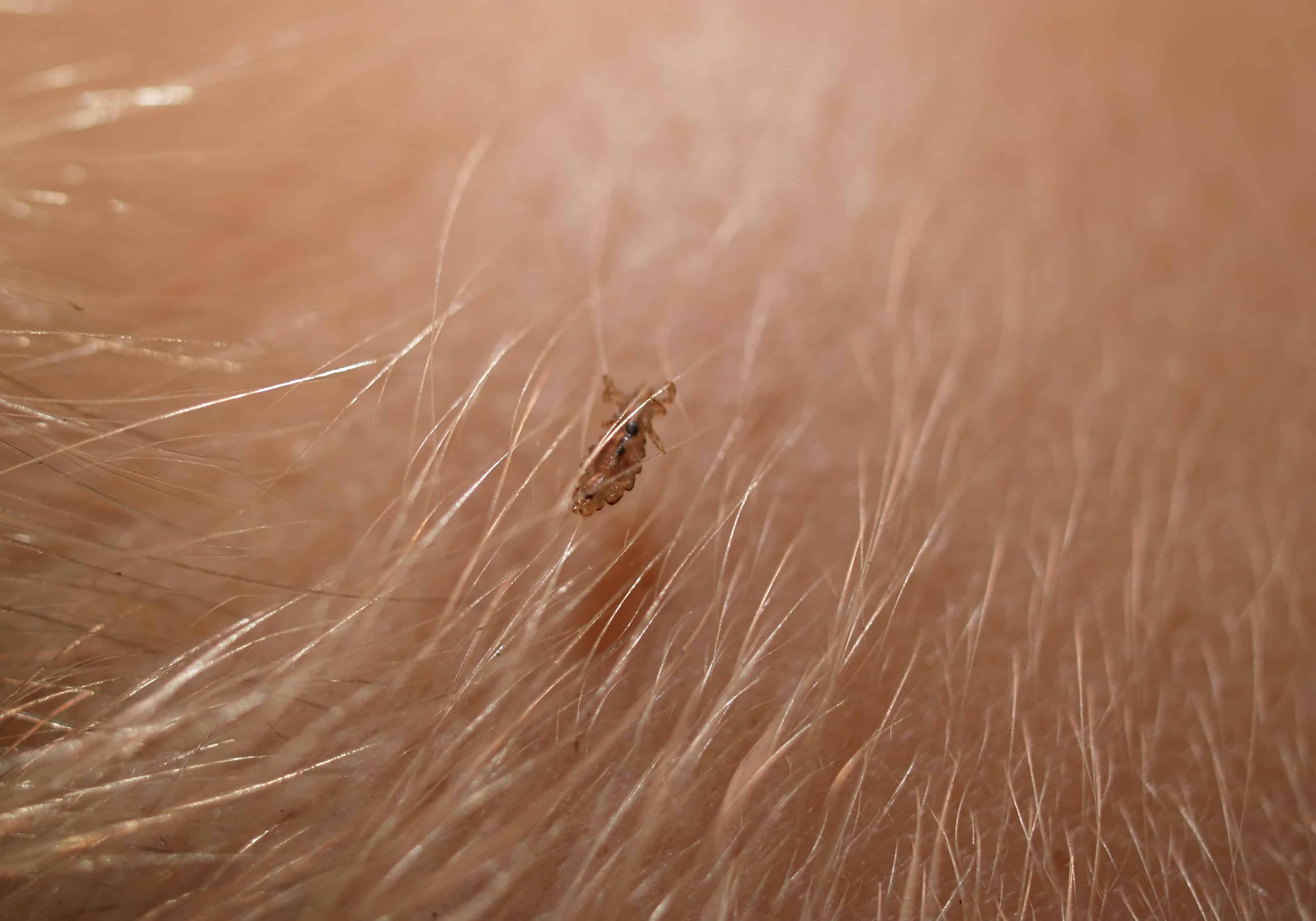Coconut oil for lice treatment? It might sound strange, but is getting more popular. Lice are small, blood-sucking insects that live and lay eggs on the scalp. They cause itching and irritation, and an infestation can lead to minor complications if left untreated. Lice are also very contagious.
Lauric acid in coconut oil can help kill lice. This treatment is not as effective as other over-the-counter treatments for lice, but it is less toxic to your body. Coconut oil could be a viable option for people who can’t endure the stronger treatments. Read on to find out more about treating lice with coconut oil.
How to use coconut oil for lice
If you want to treat lice with coconut oil, you will need a plastic shower cap, enough coconut oil to completely cover the hair and a fine-toothed comb. You may need to redo this treatment more than once.
Start by rinsing your hair with warm water and let it dry. The coconut oil should be at room temperature or slightly above it, so it is in liquid form and spreads easily in the hair.
Massage the coconut oil generously into your hair and apply the plastic shower cap immediately. Leave the lid for eight hours (or more) to smother the lice.
Use the fine-toothed comb to look carefully through your hair and comb out the lice and nits that you can find. It is essential that you take your time and be meticulous with this step. Leaving eggs in the hair could cause a future infestation.
If you continue to detect lice after three or four applications with this treatment, consider using an over-the-counter drug or a prescription remedy to treat lice.
Does coconut oil work for lice?

There is promising research on how coconut oil can treat lice. This is particularly good because some lice become resistant to more traditional Western treatments, such as permethrin. A study conducted in Brazil showed that coconut oil is more effective than some harsher chemical treatments. And another study in England found that an aerosol containing coconut oil and anise oil was an effective treatment against lice. A product that contains both coconut oil and anise oil has even been described as “extremely effective” with little or no side effects seen in a 2002 study.
But even with these studies, there are many things we do not know about using coconut oil in treating lice. If you have tried to get rid of lice using natural remedies during three or four treatments and it still does not work, it’s time to call your doctor and talk about other options.
Possible side effects and risks of coconut oil
One of the main reasons people use coconut oil to treat lice is the relatively low possibility of side effects. As long as you are not allergic to coconut oil, there is little to no risk associated with topical coconut oil. It is likely to be safe when applied to your skin, even in large quantities. Try a small part of your skin with a thick application of coconut oil just to see if it triggers an allergic reaction before trying to treat lice that way.
Other remedies for lice
Even if coconut oil might kill lice, it can’t totally kill the nits that lice lay in your hair. You may consider rinsing your hair with apple cider vinegar before applying lice treatment with coconut oil.
Some essential oils have been tested for the lice treatment. Anise, tea tree oil and cinnamon leaf have shown promising outcome. Mixing a few drops of these essential oils in coconut oil could help kill lice and neutralize their eggs.
Takeaway
Even though coconut oil has a lot of uses as remedies as you can see in this coconut oil for hair article, this coconut oil for skin article, and so on, the use of coconut oil in treating lice is not yet a proven home remedy. There are many possibilities that with the addition of apple cider vinegar, some essential oils and a little patience, this remedy will work if you are ready to repeat it several times. But if, after several applications, the lice do not disappear, don’t keep trying. It is possible that for some people this remedy does not work at all. Discuss with your doctor about the least toxic and most effective ways of treating lice.



